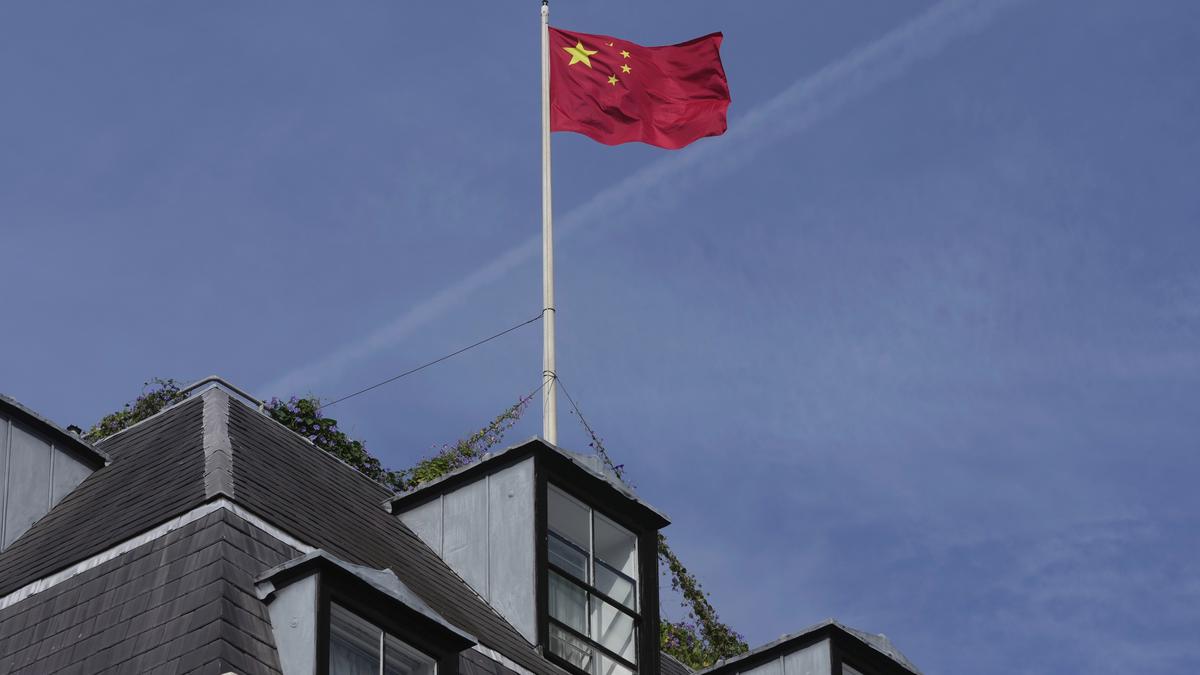
U.K. resists calls to label China a threat following claims a Beijing spy worked in Parliament
The Hindu
U.K. resists labeling China a threat despite espionage allegations. Business Secretary Badenoch said Britain should avoid language that could "escalate" tensions. Tories divided on how tough a line to take and how much access Chinese firms should have to U.K. economy.
The British government on September 11 resisted calls to label China a threat to the U.K. following the revelation that a researcher in Parliament was arrested earlier this year on suspicion of spying for Beijing. China branded the allegation of espionage a “malicious smear.”
The arrest has upset British government efforts to ease tensions with Beijing that have soared in recent years over accusations of economic subterfuge, human rights abuses and Beijing’s crackdown on civil liberties in the former British colony of Hong Kong.
U.K. Business Secretary Kemi Badenoch said Britain should avoid calling China a “foe” or using language that could “escalate” tensions.
“China is a country that we do a lot of business with,” Badenoch told Sky News. “China is a country that is significant in terms of world economics. It sits on the U.N. Security Council. We certainly should not be describing China as a foe, but we can describe it as a challenge.”
Britain’s governing Conservatives are divided on how tough a line to take and on how much access Chinese firms should have to the U.K. economy. The government has squeezed China investment out of key sectors such as Britain's nuclear power plants and its 5G mobile phone network. More hawkish Tories want to go farther and declare Beijing a threat, rather than a “challenge,” the word Prime Minister Rishi Sunak prefers.
Under Britain’s new National Security Act, if China were officially labeled a threat, anyone working “at the direction” of Beijing or for a state-linked firm would have to register and disclose their activities or risk jail.
Sunak’s spokesman, Max Blain, said it was wrong to reduce the U.K.’s approach to China “just to one word.”

The 29th edition of the Conference of Parties (COP29), held at Baku in Azerbaijan, is arguably the most important of the United Nations’ climate conferences. It was supposed to conclude on November 22, after nearly 11 days of negotiations and the whole purpose was for the world to take a collective step forward in addressing rising carbon emissions.










